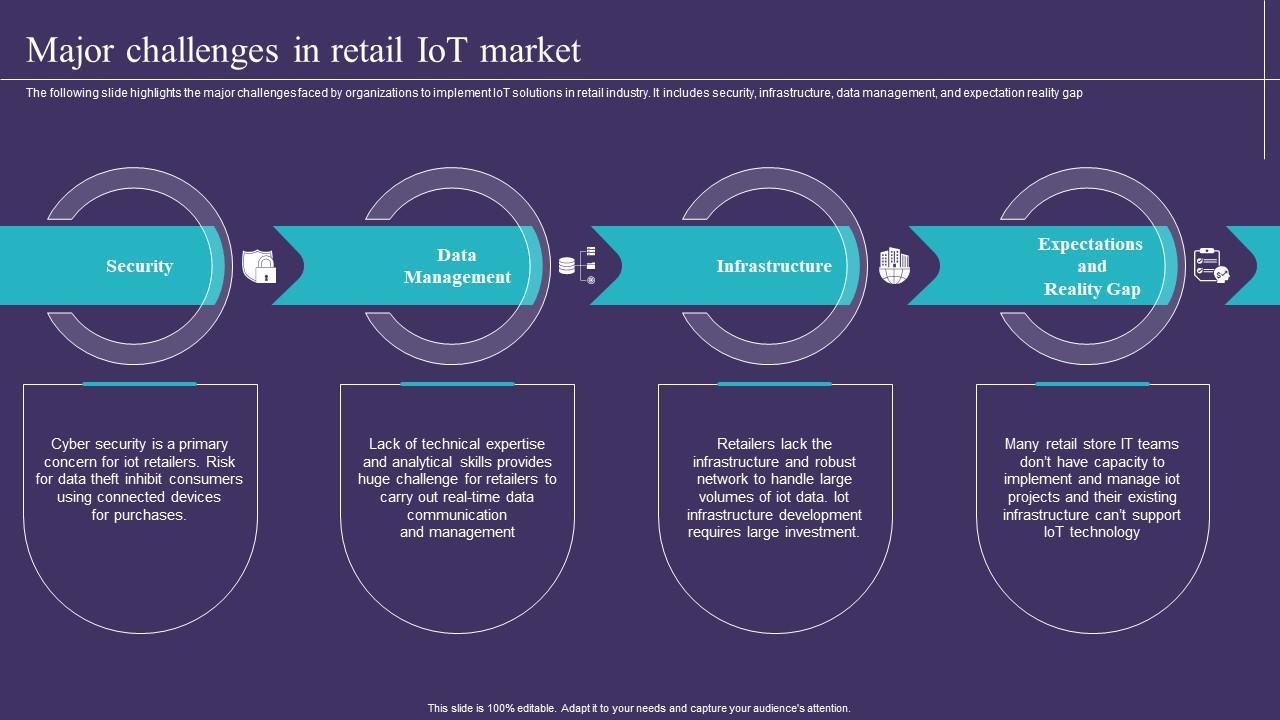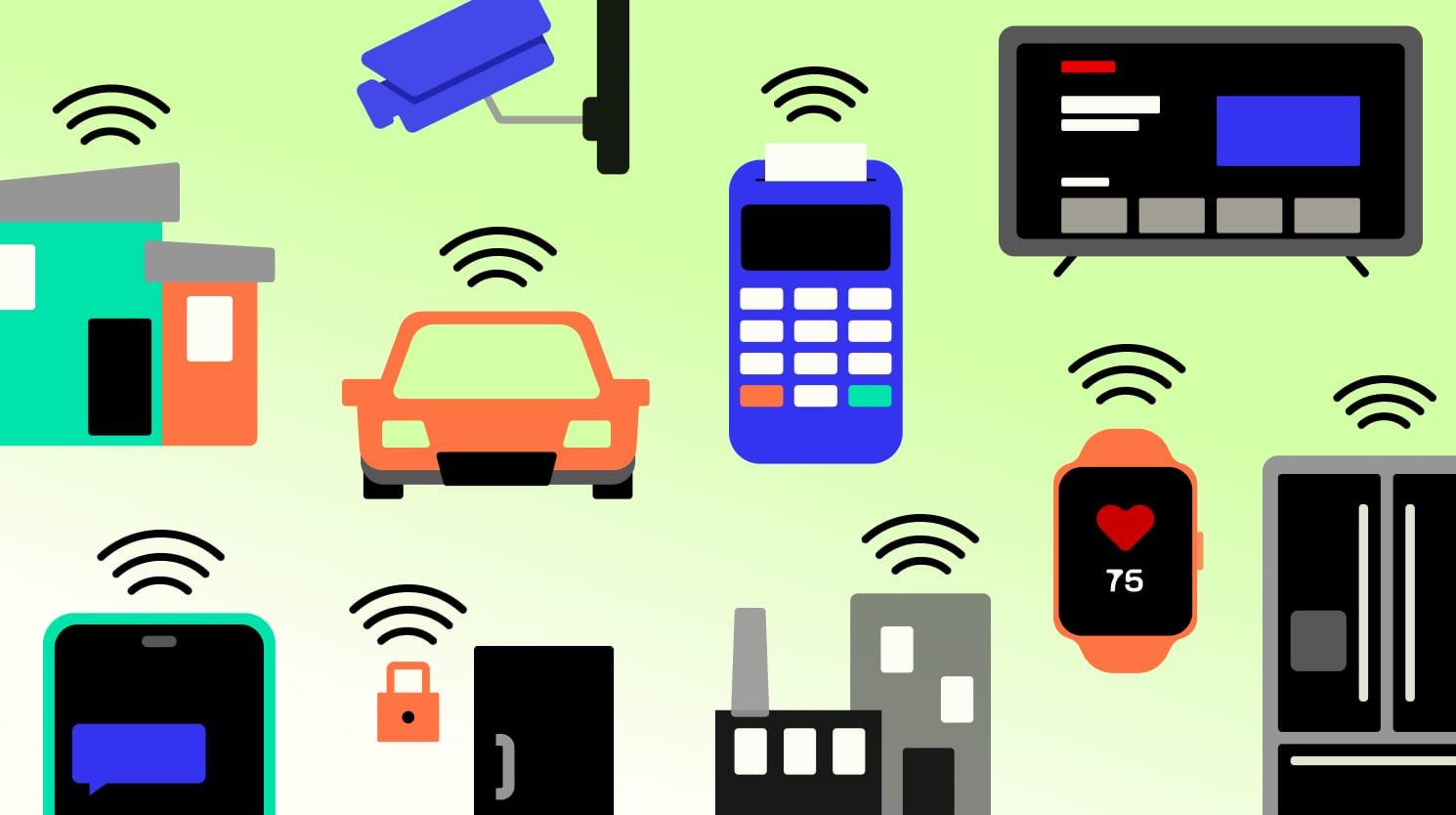In our increasingly interconnected world, the Internet of Things (IoT) has emerged as a groundbreaking technological advancement that is revolutionizing the way we live, work, and communicate. From smart homes to intelligent transportation systems, the IoT is reshaping our daily experiences in ways we never thought possible. In this article, we will delve into the rise of IoT and explore its various applications across different sectors. Let’s embark on a journey to understand the power and potential of this transformative technology.
The Evolution of Internet of Things (IoT) Technology
From its humble beginnings as a concept to its current state as a revolutionary technology, the Internet of Things (IoT) has come a long way in a relatively short period of time. The evolution of IoT technology has been marked by significant advancements in connectivity, data analytics, and automation, leading to a wide range of applications across various industries.
One of the key factors driving the rise of IoT is the increasing availability and affordability of connected devices and sensors. These devices, ranging from smart thermostats and wearables to industrial equipment and vehicles, enable seamless communication and data exchange between physical objects and systems. **The applications of IoT** are as diverse as they are impactful, with use cases spanning smart homes, healthcare, transportation, agriculture, and more. As IoT continues to evolve, the possibilities for innovation and optimization are virtually limitless.

Challenges and Opportunities in Implementing IoT Solutions
One of the main challenges in implementing IoT solutions is the sheer complexity of the technology involved. IoT systems often require a wide range of devices, sensors, and connectivity technologies to work together seamlessly. This can lead to compatibility issues, integration challenges, and difficulties in managing the sheer volume of data generated. Additionally, ensuring the security and privacy of IoT data is a major concern, as any vulnerabilities in the system can lead to data breaches and cyber attacks.
Despite these challenges, there are also numerous opportunities in implementing IoT solutions. IoT technology has the potential to revolutionize many industries, from healthcare to manufacturing to agriculture. By leveraging IoT data, businesses can gain valuable insights into their operations, optimize processes, and improve efficiency. IoT also opens up new revenue streams through innovative services and business models, creating exciting opportunities for growth and innovation.

Key Applications of IoT in Various Industries
The Internet of Things (IoT) has revolutionized various industries by connecting devices and enabling them to communicate with each other. One key application of IoT is in the healthcare industry, where it is used for remote patient monitoring, real-time health tracking, and predictive maintenance of medical equipment. In manufacturing, IoT helps in optimizing production processes, improving supply chain management, and enhancing overall operational efficiency.
Moreover, IoT is widely used in the agriculture sector for precision farming, livestock monitoring, and irrigation control. In the transportation industry, IoT plays a crucial role in fleet management, smart traffic monitoring, and vehicle tracking. The power of IoT extends to smart homes, where it enables the integration of various devices such as thermostats, lighting systems, and security cameras for enhanced convenience and security.

Recommendations for Successful IoT Implementation
When it comes to successful IoT implementation, there are several key recommendations that businesses should consider. First and foremost, it’s crucial to conduct thorough research and planning before diving into any IoT project. Understanding the specific needs and goals of the organization will help streamline the implementation process and ensure that the chosen IoT solutions are the right fit.
Additionally, businesses should prioritize data security and privacy when implementing IoT technologies. Ensuring that proper encryption and security protocols are in place will help safeguard sensitive information from potential cyber threats. Regularly updating software and firmware, as well as monitoring network traffic, are essential steps in maintaining a secure IoT environment.
To Wrap It Up
As we delve deeper into the interconnected world of the Internet of Things, it becomes evident that the possibilities are endless. From smart homes to intelligent healthcare systems, the applications of IoT are reshaping the way we live and work. Embracing this technological revolution will not only make our lives more convenient, but also more efficient and sustainable.
As we continue to understand the rise of IoT and its impact on various industries, it’s crucial to stay abreast of the latest developments and advancements in this rapidly evolving field. By harnessing the power of connected devices and data, we can unlock new opportunities for innovation and growth.
So, whether you’re a tech enthusiast, a business owner, or simply curious about the future of technology, the Internet of Things is a trend worth keeping an eye on. Stay tuned as we witness the ever-expanding realm of IoT and the transformative potential it holds for the world around us.

